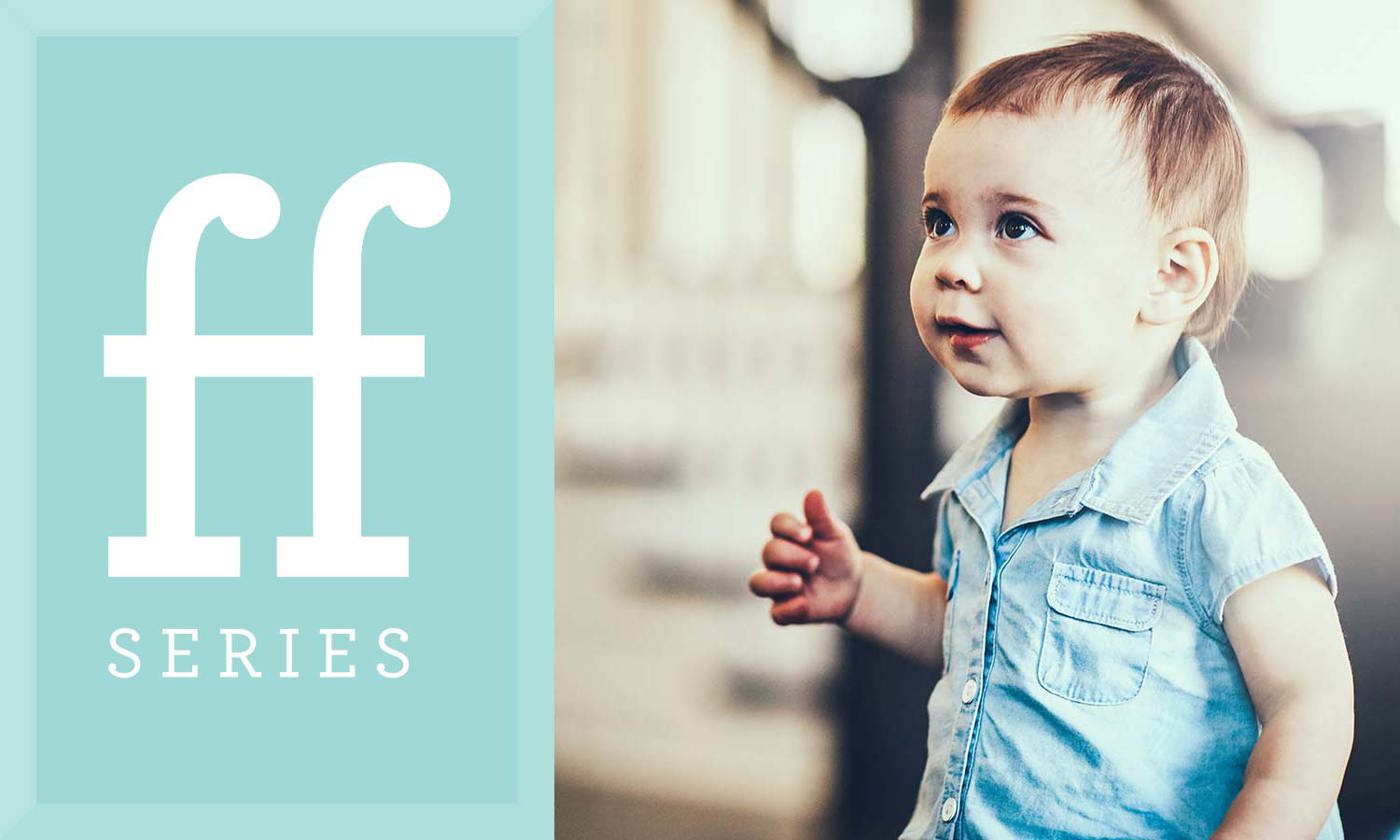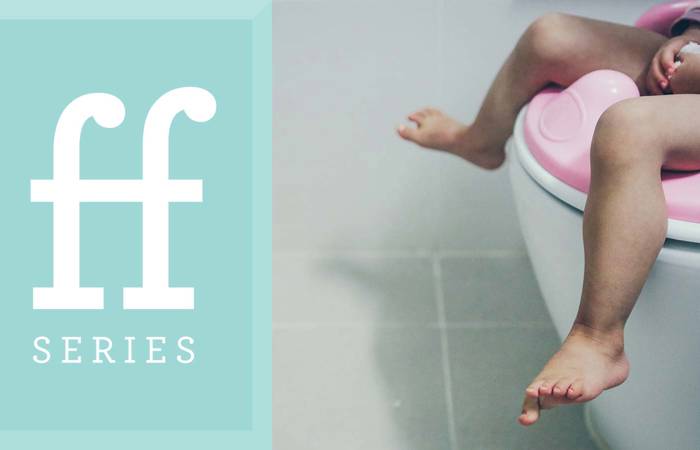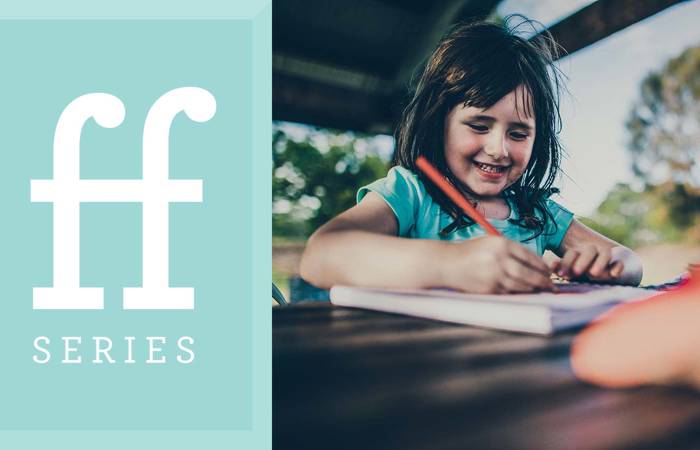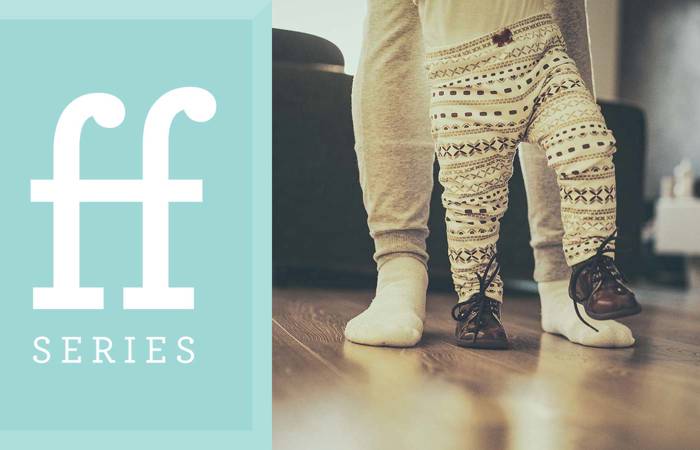Like what you see?
Sign up to receive more free parenting advice.
Thank you for subscribing to our newsletter!
Child Development

Credit: iStock.com/gradyreese
As your child grows between 1-2 years old, they are developing important fine motor skills and gross motor skills. Their balance, climbing and running will develop rapidly.
In addition they will start to learn social skills through play and look to you for help in developing control over their emotions particularly as they become tired or frustrated.
Their cognitive and language development will grow quickly as they comprehend more and more of the world around them and your expectations.
The Australian Government's Early Years Learning Framework Practice Based Resources - Developmental Milestones provides guidance through a range of milestones. The milestones should be considered guidelines and parents shouldn't be concerned unless their child displays one of the criteria under which it is recommended that they seek advice.
Goodstart Early Learning Queensland Regional Manager Deon Hemberg says the daily interactions between and among children, educators and families are the building blocks of all relationships and active ingredients of children’s development and learning.
“Think about making the physical learning fun, incorporate music, nursery rhymes, singing and messy play,” Deon says.
“Greet children with a warm smiling face, open body language and genuine eye contact.”
Age 1-2 years
Physical
- walks, climbs and runs
- takes two to three steps without support, legs wide and hands up for balance
- crawls up steps
- dances in place to music
- climbs onto chair
- kicks and throws a ball
- feeds themselves
- begins to run (hurried walk)
- scribbles with pencil or crayon held in fist
- turns pages of book, two or three pages at a time
- rolls large ball, using both hands and arms
- finger feeds efficiently
- begins to walk alone in a ‘tottering way’, with frequent falls
- squats to pick up an object
- reverts to crawling if in a hurry
- can drink from a cup
- tries to use spoon/fork
Social
- begins to cooperate when playing
- may play alongside other toddlers, doing what they do but without seeming to interact (parallel play)
- curious and energetic, but depends on adult presence for reassurance
Emotional
- may show anxiety when separating from significant people in their lives
- seeks comfort when upset or afraid
- takes cue from parent or principal carer
- may ‘lose control’ of self when tired or frustrated
- assists another in distress by patting, making sympathetic noises or offering material objects
Cognitive
- repeats actions that lead to interesting/predictable results, e.g. bangs spoon on saucepan
- points to objects when named
- knows some body parts
- points to body parts in a game
- recognises self in photo or mirror
- mimics household activities, e.g. bathing baby, sweeping floor
- may signal when s/he has finished their toileting
- spends a lot of time exploring and manipulating objects, putting in mouth, shaking and banging them
- stacks and knocks over items
- selects games and puts them away
- calls self by name, uses ‘I’, ‘mine’, ‘I do it myself’
- will search for hidden toys
Language
- comprehends and follows simple questions/commands
- says first name
- says many words (mostly naming words)
- begins to use one to two word sentences, e.g. ”want milk”
- reciprocal imitation of another toddler: will imitate each other’s actions
- enjoys rhymes and songs
Seek advice if the child:
- is not using words or actions to communicate such as waving or raising arms to be lifted
- is not wanting to move around
- is not responding to others
- is not seeking attention of familiar people
Get Advice
Real parents. Real problems. We’re here with a group of leading early learning and parenting professionals to answer your questions.






